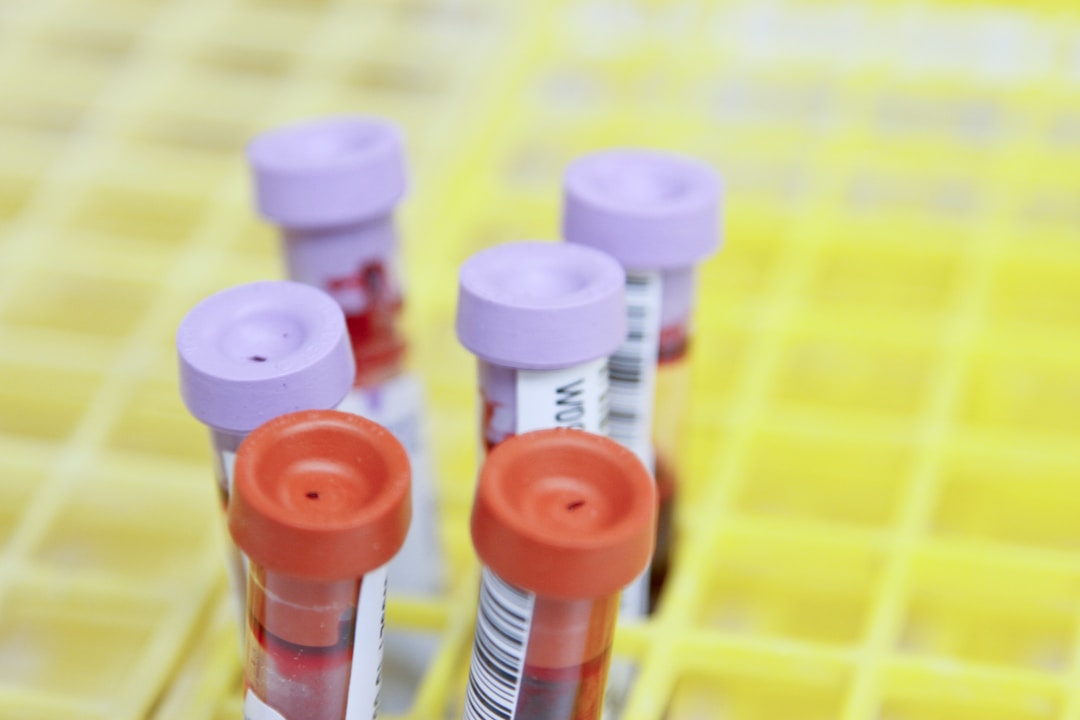Genetic disorders are conditions resulting from changes or mutations in DNA in the body’s cells. Within each strand of DNA are chromosomes, which contain specific sets of instructions. Each cell contains 23 pairs of chromosomes, each of which is passed on by the parents, meaning you have two copies of every gene. The smallest change or mutation in DNA can result in a genetic disorder. Some genetic disorders are inherited from parents, but not all carriers for a genetic disorder experience symptoms. Any gene or chromosome can be affected by genetic disorders, which means several genetic disorders exist, each with different symptoms.
What are the physical signs of genetic disorders?

People who have a genetic disorder often present physical symptoms that suggest a genetic disorder. Common physical signs of genetic disorders include:
- Ear abnormalities
- Strangely-shaped or different colored eyes
- Unusual facial features that no other family members have
- Brittle or sparse hair, excessive body hair, or white patches of hair
- A large or small tongue
- Missing, extra, or misshapen teeth
- Loose or stiff joints
- Webbed fingers or toes, or excessive skin
- Unusual birthmarks
- Increased or decreased sweating, or unusual body odor
The presence of two or more of these physical symptoms is a reason to seek medical advice. COVID-19 has encouraged the use of telemedicine services to keep patients and medical emergency workers safe. There are many medical tools and resources available to help you take charge of your health and determine when it’s necessary to seek professional medical advice.
MediFind gives you access to medical knowledge from the safety and comfort of your home with their symptom checker. When you have medical symptoms that you need to understand, simply input details about your symptoms and basic health information to receive a list of the likely causes of your medical symptoms. The medical symptom checker uses proprietary natural language processing algorithms to analyze keyword and symptom matches to produce a list of possible matching conditions, such as the flu or other ailments. Whether you’re experiencing abdominal pain, sniffles, a sore throat, or other issues in a specific body area, you can use MediFind’s medical symptom checker to assess your medical symptoms and pursue professional medical advice accordingly.
How are genetic conditions diagnosed?

The only way to accurately diagnose a genetic disorder is to seek a medical professional. A doctor can test for genetic disorders based on the presence of physical symptoms, family history, and genetic screening tests. There are several approaches a doctor will take to arrive at a genetic disorder diagnosis.
A geneticist will perform a thorough physical examination including measuring the head circumference, the distance between the eyes, and the length of the arms and legs. They may also perform neurological or ophthalmologic exams, take x-rays, CT scans, or MRI scans to see the structures within the body.
Your personal medical history can provide useful clues that help arrive at a genetic diagnosis. A doctor will consider past health issues, hospitalizations and surgeries, allergies, medications, and previous medical or genetic test results since birth to look for clues. Genetic disorders are often inherited, so your family medical history will also serve as a critical diagnostic tool. This is especially important if your parents, siblings, children, or other relatives are carriers of or diagnosed with a genetic disorder. Molecular, chromosomal, and biochemical genetic testing, as well a lab tests to measure levels of substances in the blood and urine are also used to diagnose a genetic disorder.
While you can’t control your genetics, you can control the quality of the food and water you nourish your body with. Canadians rely on Labrador Source for their beverage needs. Canadian spring water is a natural product that’s free of harmful contaminants found in tap water. The beverage suppliers offer natural spring water, bottled mineral water, and other natural products to meet your beverage needs. All of their plastic bottles are EPA-friendly, and because they are recyclable, you can rest assured that empty bottles won’t end up in a landfill.
Genetic disorders are lifelong conditions, and most treatments are designed to help manage symptoms, prevent complications, and improve quality of life.








